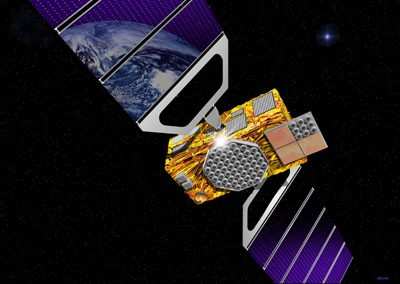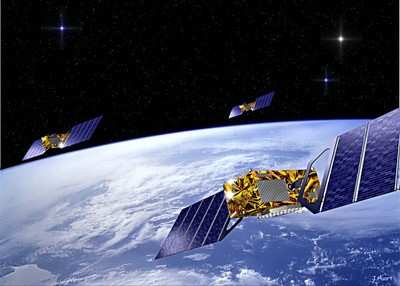Mon, Dec 13, 2004
Advertisement
More News
 ANN's Daily Aero-Term (04.14.24): Maximum Authorized Altitude
ANN's Daily Aero-Term (04.14.24): Maximum Authorized Altitude
Maximum Authorized Altitude A published altitude representing the maximum usable altitude or flight level for an airspace structure or route segment. It is the highest altitude on >[...]
 ANN's Daily Aero-Linx (04.14.24)
ANN's Daily Aero-Linx (04.14.24)
Aero Linx: Soaring Safety Foundation (SSF) The Soaring Safety Foundation (SSF) is the Training and Safety arm of the Soaring Society of America (SSA). Our mission is to provide ins>[...]
 Classic Aero-TV: 'We're Surviving'-- Kyle Franklin Describes Airshow Life 2013
Classic Aero-TV: 'We're Surviving'-- Kyle Franklin Describes Airshow Life 2013
From 2013 (YouTube Version): Dracula Lives On Through Kyle Franklin... and We're NOT Scared! ANN CEO and Editor-in-Chief, Jim Campbell speaks with Aerobatic and airshow master, Kyl>[...]
 Aero-News: Quote of the Day (04.14.24)
Aero-News: Quote of the Day (04.14.24)
“For Montaer Aircraft it is a very prudent move to incorporate such reliable institution as Ocala Aviation, with the background of decades in training experience and aviation>[...]
 Airborne 04.09.24: SnF24!, Piper-DeltaHawk!, Fisher Update, Junkers
Airborne 04.09.24: SnF24!, Piper-DeltaHawk!, Fisher Update, Junkers
Also: ForeFlight Upgrades, Cicare USA, Vittorazi Engines, EarthX We have a number of late-breaking news highlights from the 2024 Innovation Preview... which was PACKED with real ne>[...]
blog comments powered by Disqus





